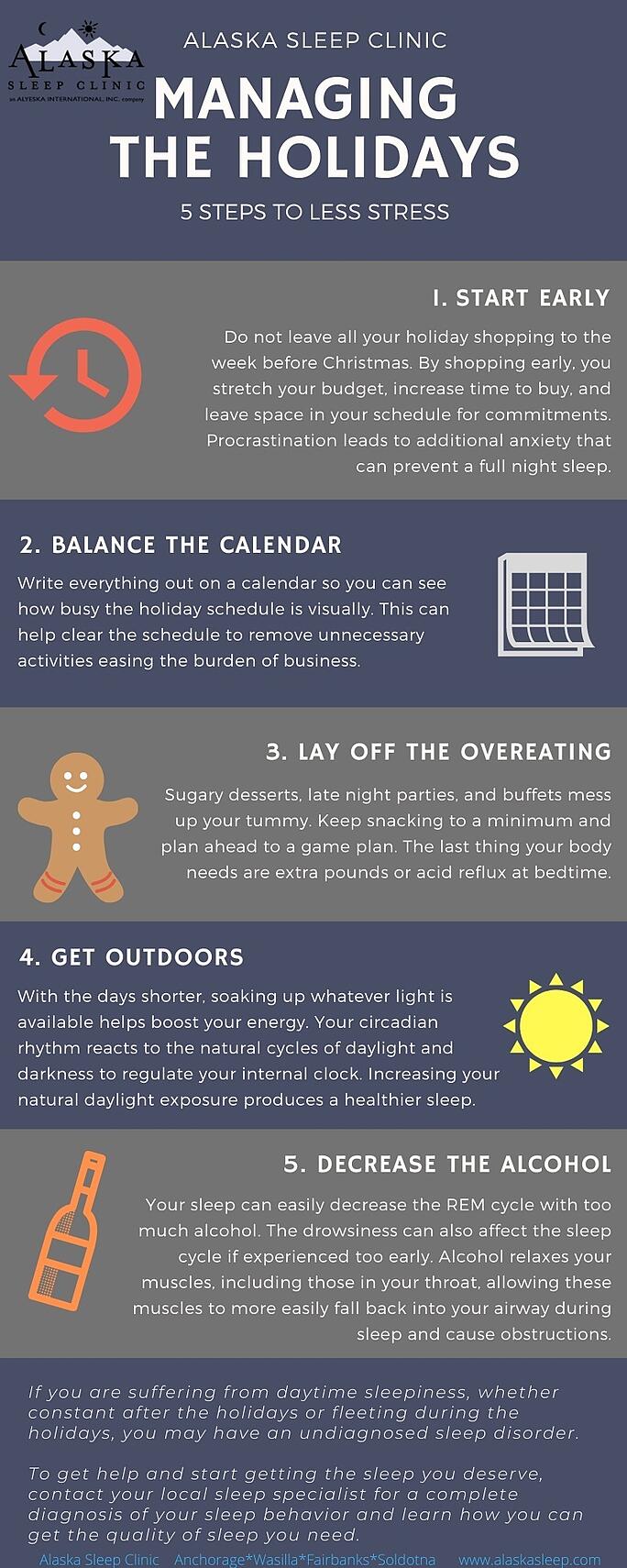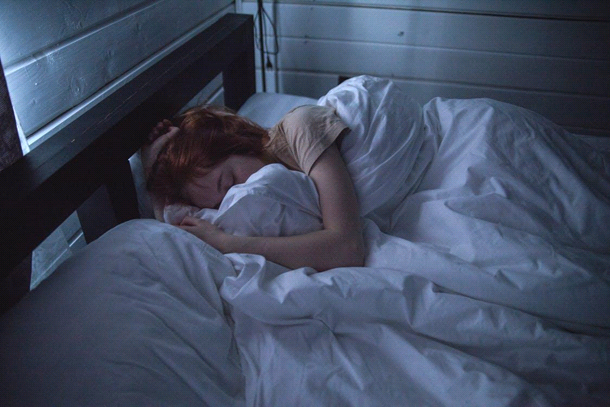Sleeping in Spite of Anxiety
.jpg?width=600&name=Sleeping%20with%20anxiety%20(6).jpg)
From time to time, we all experience periods of increased stress and anxiety in life. This can be caused by things that are happening to us on a daily basis or more chronic anxiety disorders. And while this is certainly not pleasant during the day – it can have even more disastrous consequences come nightfall.
Obviously enough – sleeping with anxiety isn’t easy, regardless of its severity and causes. That’s why people who are undergoing episodes of anxiety need to learn how to adapt their sleeping patterns to such circumstances. Don’t worry, though – there are quite a few things you can try to ease yourself into sleeping, even in this state.
Understanding the process of sleeping with anxiety
If you’ve realized that you’re having trouble sleeping with anxiety, don’t worry. Knowing that you have this problem is the first and most important step towards its resolution. But recognizing the issue isn’t enough. You have to understand the cause-and-effect relationship between your anxiety and your sleeping issues.
With that in mind, you should know that studies have shown the causality between anxiety and a lack of sleep is not one-directional. In fact, it’s more akin to a vicious circle that can be hard to break away from.
.jpg?width=323&name=Sleeping%20with%20anxiety%20(1).jpg) For example, even the smallest insomnia or sleep disruption is bound to cause you anxiety. It’s not easy to function normally when you can’t sleep properly. And that rising anxiety will bring you even more sleep disruption, and so on.
For example, even the smallest insomnia or sleep disruption is bound to cause you anxiety. It’s not easy to function normally when you can’t sleep properly. And that rising anxiety will bring you even more sleep disruption, and so on.
On the other hand, if you’re going through a big change in your life, like getting a new job or thinking about moving to another city, you’re probably more anxious than usual. Which can trigger insomnia quite easily as well. But realizing the nature of this relationship is crucial, because it’ll help you control your rising anxiety much more easily.
Dealing with the causes of your anxiety
As we’ve mentioned, anxiety can be both chronic and acute. And if you’re dealing with current, acute anxiety with more obvious causes, facing these and dealing with them is the first step towards better sleeping with anxiety. So, to return to our previous example – if you’re relocating somewhere new and that’s stressing you out, just stay organized while moving. Not being in a chaotic environment will reduce your stress levels immensely.
Or, if you’re about to transition to a new job, learn as much about your new workplace and position as you can. This sort of familiarity will make you less anxious about working in a new environment. All in all, when these kinds of real-life issues are at the root of your anxiety – trying to deal with them at least partially will go a long way toward getting a good night’s sleep.
Talk to a physician
By now, you’ve realized that sleeping with anxiety is rarely easy, even if you’re dealing with a short-term, acute sort of anxiety caused by stress. But bearing the connection between anxiety and sleeping in mind, if you’re suffering from long-term anxiety issues, talking to your doctor about it is absolutely crucial.
While you can find a lot about these problems online, consulting an actual physician is always the best way .jpg?width=302&name=Sleeping%20with%20anxiety%20(5).jpg) to go. For example, they may be able to prescribe you some vitamins and minerals to help you sleep better, or another kind of medicine.
to go. For example, they may be able to prescribe you some vitamins and minerals to help you sleep better, or another kind of medicine.
Remember – a lack of sleep may adversely affect your daily life in a big way. Long-term insomnia can make you miss out on school or get progressively worse at your job. In some more severe cases, even injuring yourself by accident is not out of the question.
If you don’t take such problems seriously and address them on time, you may also develop other health conditions. So, consult your doctor and express any concerns you might harbor regarding your anxiety and sleeping issues.
Exercise will help
Naturally, it’s not all about the medicine – there are all sorts of things which you can do for yourself on a daily basis to reduce anxiety. For example, getting more exercise will go a long way towards helping you sleep better and having less anxiety during the day.
Just make sure that you have a good workout schedule, as doing exercise right before bed is a bad idea. This may actually keep you awake. So doing that right after you get up in the morning, or in the afternoon is a better idea. But if you time them correctly, things like doing yoga can help you sleep a lot more soundly.
Make sure you’re in a suitable environment
Our body responds to more stimuli from our surroundings than you’d imagine, especially when it comes to starting to sleep better. So, if you’re having trouble sleeping with anxiety, think about what you can change in your sleeping environment to make it more suitable for sleeping.
.jpg?width=300&name=Sleeping%20with%20anxiety%20(7).jpg) If your bedroom is quiet, a bit cool and dark, you’ll be able to fall asleep much more easily. Also, make sure you have a bath or take a shower right before going to bed, as often as you can. This will lower your body temperature, so relaxing will be easier for you.
If your bedroom is quiet, a bit cool and dark, you’ll be able to fall asleep much more easily. Also, make sure you have a bath or take a shower right before going to bed, as often as you can. This will lower your body temperature, so relaxing will be easier for you.
Limiting the intake of caffeine and alcohol
Obviously, consuming too much caffeine in any form won’t help you when it comes to sleeping with anxiety, especially if you’re doing it late at night. And while many people think that drinking alcohol relaxes them, alcohol will actually intensify your heart rate, which is bound to keep you up at night. So, avoiding these close to bedtime is crucial if you want to improve your sleeping patterns.
IF you cannot seem to get to the bottom of what triggers your anxiety and sleepless nights, call Alaska Sleep Clinic today. We are the only sleep lab in the state with a Cognitive Behavior Therapist specializing in sleep medicine. We are ready to help you Improve Your Sleep and Improve Your Life.



